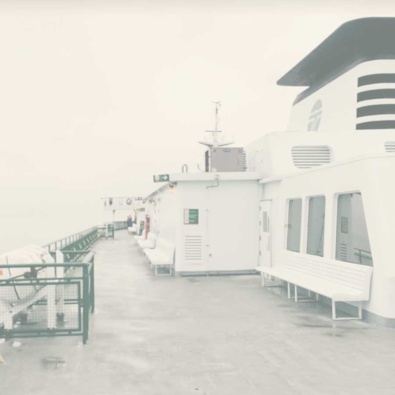
Initial ship arrest in New Zealand can be fast and relatively inexpensive. It requires a notice of proceeding relating to an in rem claim (that is, a claim directly against a vessel) and application for arrest, supported by affidavit, to be filed and does not require a hearing. An undertaking to meet the costs of the Registrar is also required. The proceeding must relate to a claim falling within the heads of jurisdiction set out in the Admiralty Act 1973, which are specified below. The time and cost involved in maintaining the arrest and claim against the ship, and possibly obtaining judicial sale, will depend upon a range of factors. Provided that all of the necessary information (including translations if required) is available, the proceeding can be prepared and the application for arrest made within a short time of the instruction being received. It is then in the hands of the Court to arrest the vessel, which it must do once it has received the requisite documents. It affects the arrest by affixing the warrant of arrest to the Bridge of the vessel and leaving a copy with the person who appears to be in charge. Arrest is usually done within a few days of receipt of the application. Once the vessel is arrested, it is in the custody of the High Court Registrar and cannot be moved without the Registrar’s consent.
New Zealand is not a signatory to any International Conventions dealing specifically with arrests. Instead, ship arrests in New Zealand are governed by the Admiralty Act 1973 and the High Court Rules.